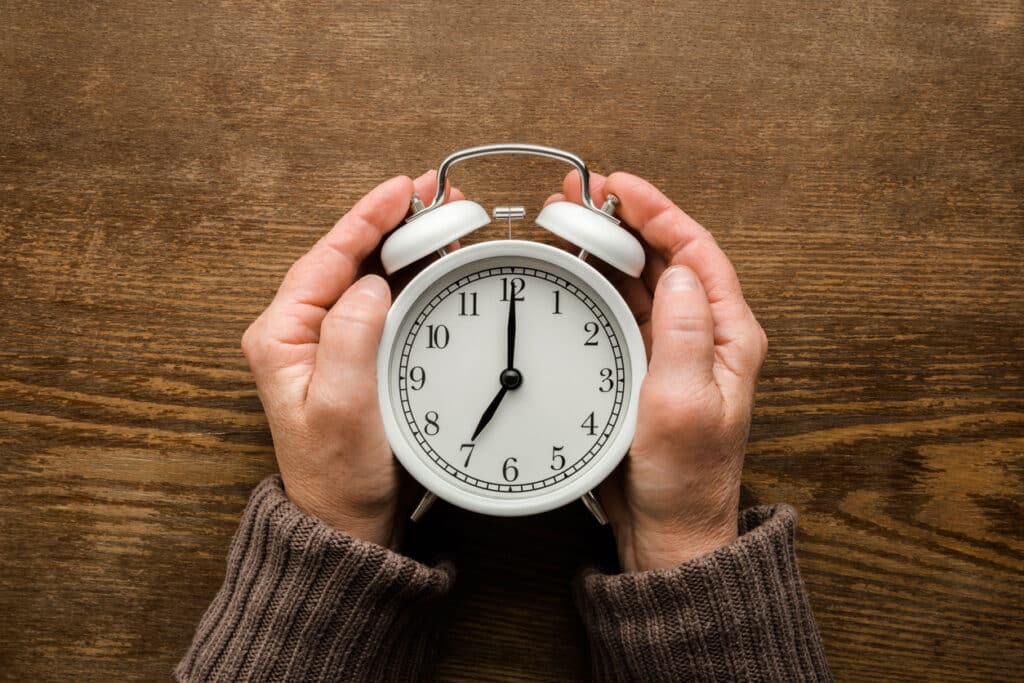A ticking clock in your home can stupefy you in ways you may not realize.
One of the primary effects of living with a ticking clock is that you are likely to finger that time is limited or running out for you. This is considering the unvarying preliminaries ticking noise provides a continual reminder that time is passing. Your conscious mind soon learns to tune it out but your subconscious continues to hear every tick.
I’ve found this to be the specimen with every vendee I’ve overly worked with who has a ticking clock in a prominent location in their home, and there is scientific vestige for this phenomenon, too.
In one study by researchers at Florida State University, people were asked to fill out questionnaires well-nigh their platonic partner and at what age they would like to get married and have children. It was found that when there was a ticking clock in the room, women opted for getting married and having babies at an older age.
Those from lower socioeconomic backgrounds were the most affected, but I have found that anyone who has a ticking clock in their home is subject to feeling there is often not unbearable time. Remove the clock or replace it with a silent one and the weighing will usually melt away. Read Also: Grandma School Part 3: Seeing Life Through the Eyes of a Child
Feeling that Life Is Repetitive and Boring
Another effect of a ticking clock is that the monotonous, repetitive sound can rationalization you to feel that your existence is nothing increasingly than a series of cycles, repeated day without day, week without week, year without year.

Some people say that they find the ticking noise comforting and enjoy having a safe, predictable life, but as Benjamin Franklin once put it, “Some people die at 25 and aren’t veiled until 75.” There is so much increasingly possible in life than doing the same things over and over again.
A Ticking Clock May Stupefy Your Soul Rhythms
The human soul has many variegated rhythms. We each have a unique heartbeat that is so distinctive that technology is now stuff ripened to use it as the most secure password system ever invented. There is moreover the rhythm of our breath, our brainwave frequencies and our personal sleep-wake cycle. Most cells in the soul have their own quotidian rhythm.
External rhythms can stupefy these. It is well established that depriving a person of sunlight can disrupt their sleep cycle, and unrepealable types of music can lower thoroughbred pressure and heart rate.
A study conducted by Shoko Yamane and Naohiro Matsumura in 2014 in Japan showed that having a slow ticking clock in a room has an entrainment effect that slows a person’s performance. There are likely to be many other effects that have not yet been monitored.
Solutions
A ticking clock in any part of your home will stupefy you but the worst place to have one is on your bedside table, or anywhere in your bedroom. You will be exposed to the sound during all the hours of sleep.
And it’s so unnecessary. Just do a Google search for “silent clock” and you will discover a whole range of readily misogynist noise-free clocks.
Most wall clocks are shower operated these days, so it’s just a matter of finding one that goes with your decor. If you use an watchtower clock, be sure to segregate one that runs on batteries rather than mains electricity, for the reasons explained in this article.
